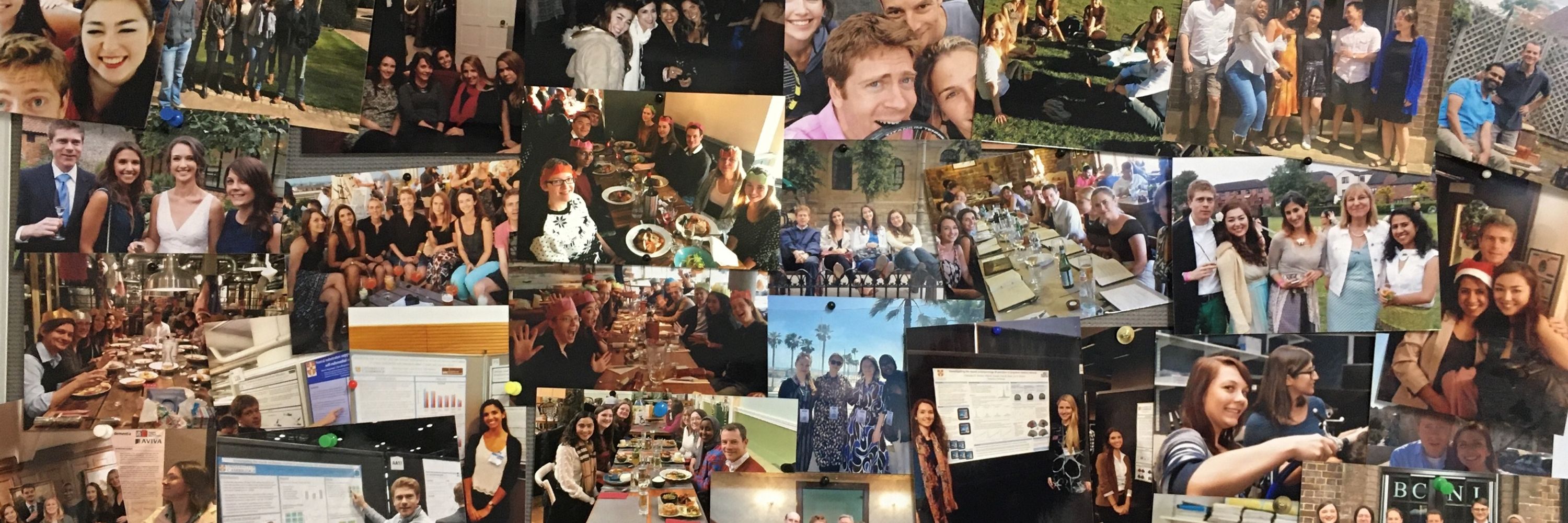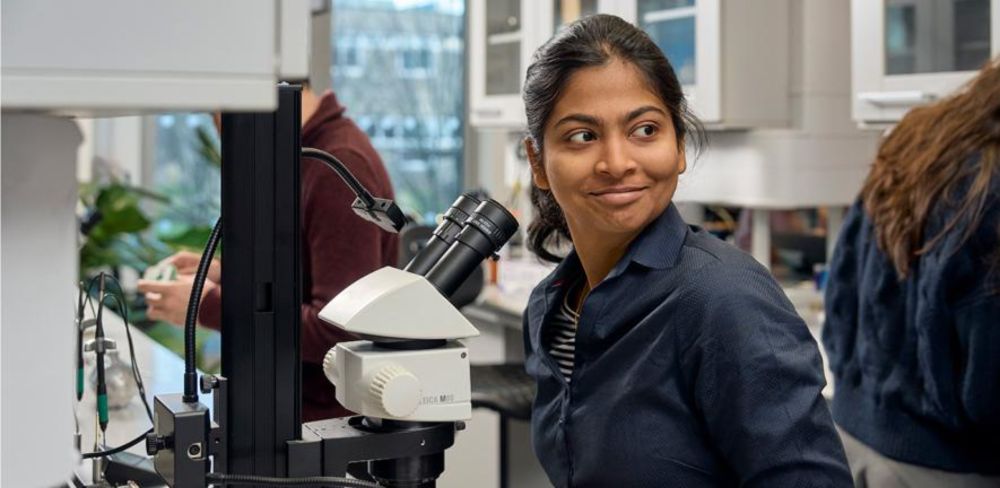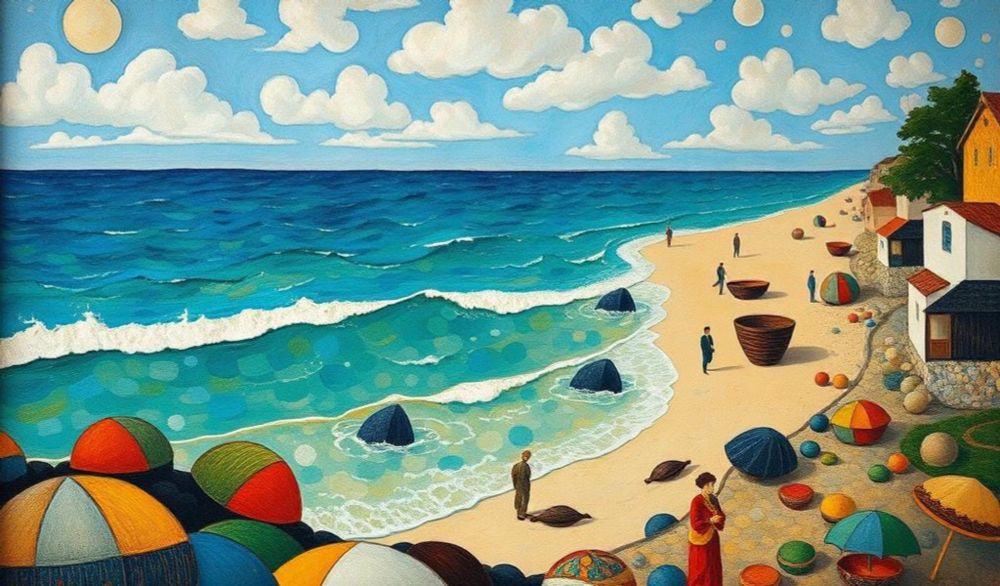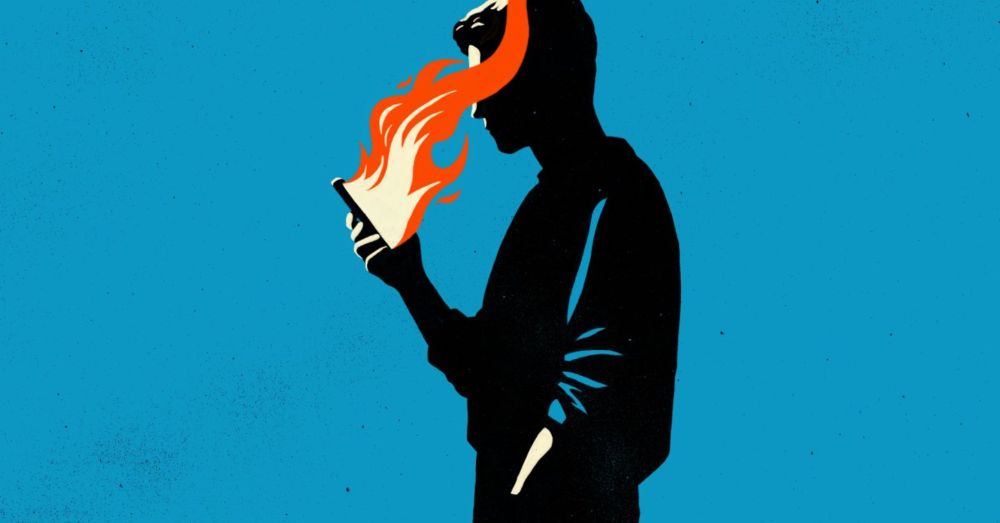Jon Simons
@jonsimons.bsky.social
3.8K followers
350 following
220 posts
Professor of Cognitive Neuroscience in the Department of Psychology, and Head of the School of Biological Sciences, University of Cambridge. Husband, father of two boys and one dog, half-pint rower and ex-cricketer
www.memlab.psychol.cam.ac.uk
Posts
Media
Videos
Starter Packs
Pinned
Jon Simons
@jonsimons.bsky.social
· Nov 11
Reposted by Jon Simons
Reposted by Jon Simons
Reposted by Jon Simons
Uta Frith
@utafrith.bsky.social
· Aug 27
Scenes from a Marriage: How We Found Our Way from Experimental Psychology to Social Neuroscience | Annual Reviews
Looking back on our life and work, we reflect on the changes in our thinking due to three scientific and technological revolutions. These are information processing, computers, and brain imaging, and ...
www.annualreviews.org
Reposted by Jon Simons
Daniel Lakens
@lakens.bsky.social
· Aug 15
Reposted by Jon Simons
Reposted by Jon Simons
Tiziana Metitieri
@timetit.bsky.social
· Jul 15
Reposted by Jon Simons
Reposted by Jon Simons
Marc Dionne
@marcsdionne.bsky.social
· Jun 3
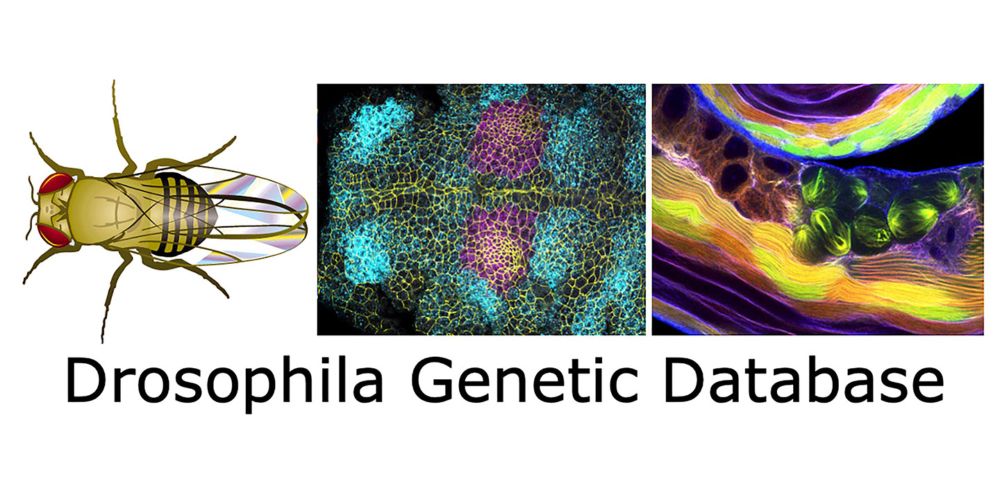
Drosophila Genetic Database
The Drosophila Genetic Database, FlyBase, is on the brink of collapse due to the sudden termination of the FlyBase NIH grant, which includes salaries for 5 literature curators based at the University ...
www.philanthropy.cam.ac.uk
Reposted by Jon Simons
Reposted by Jon Simons
Jan R. Boehnke
@jrboehnke.bsky.social
· May 30
Reposted by Jon Simons
